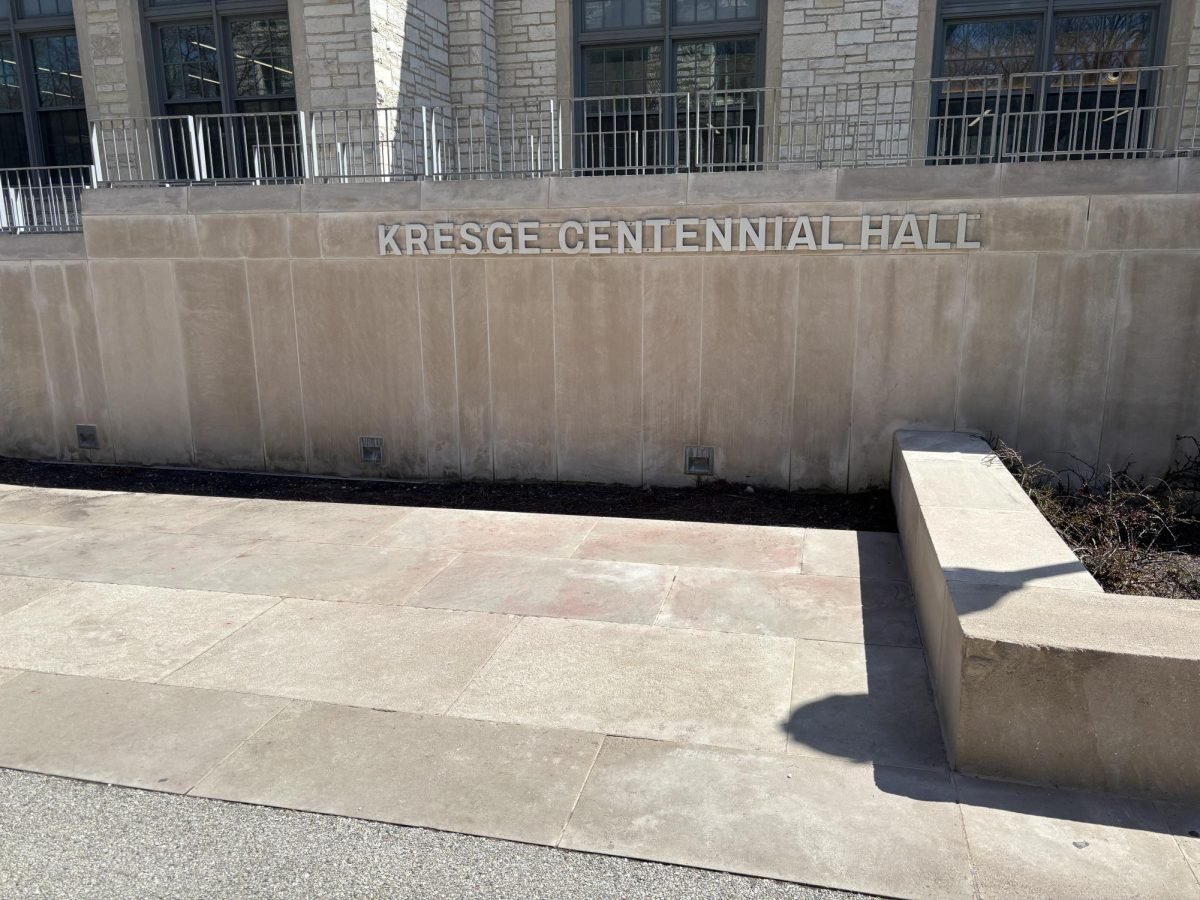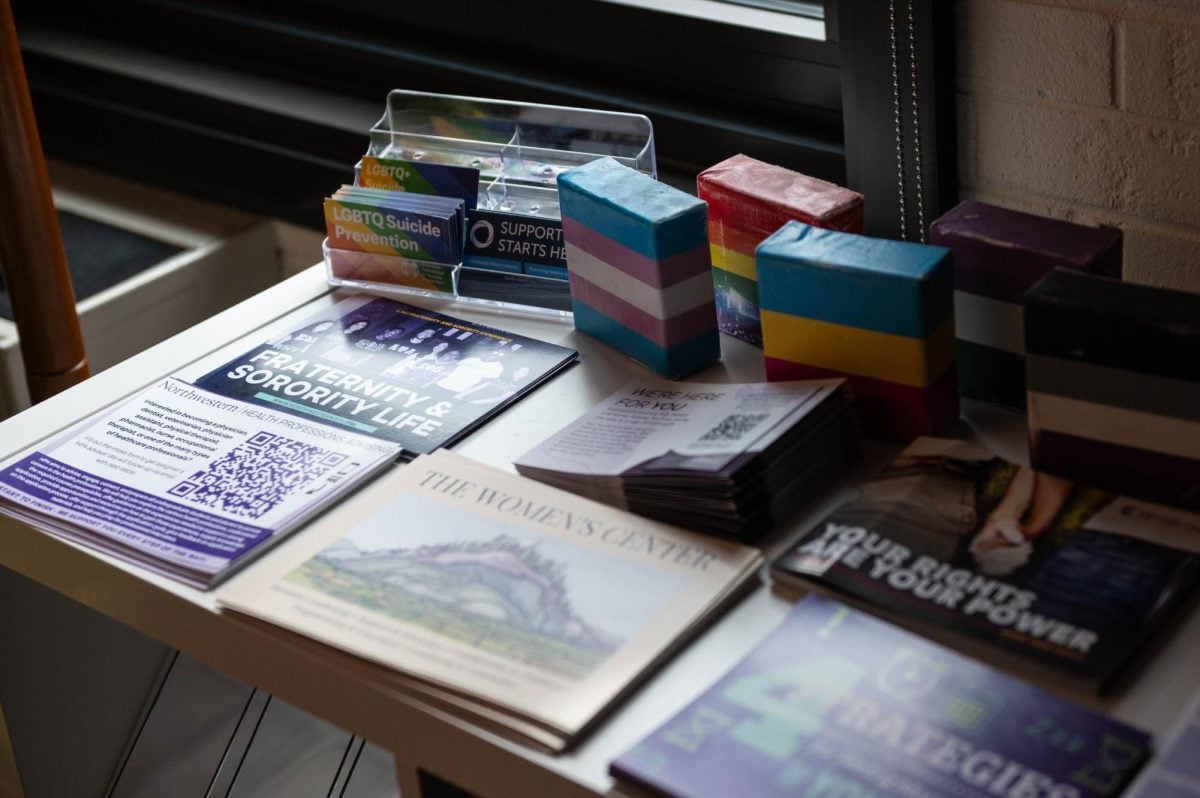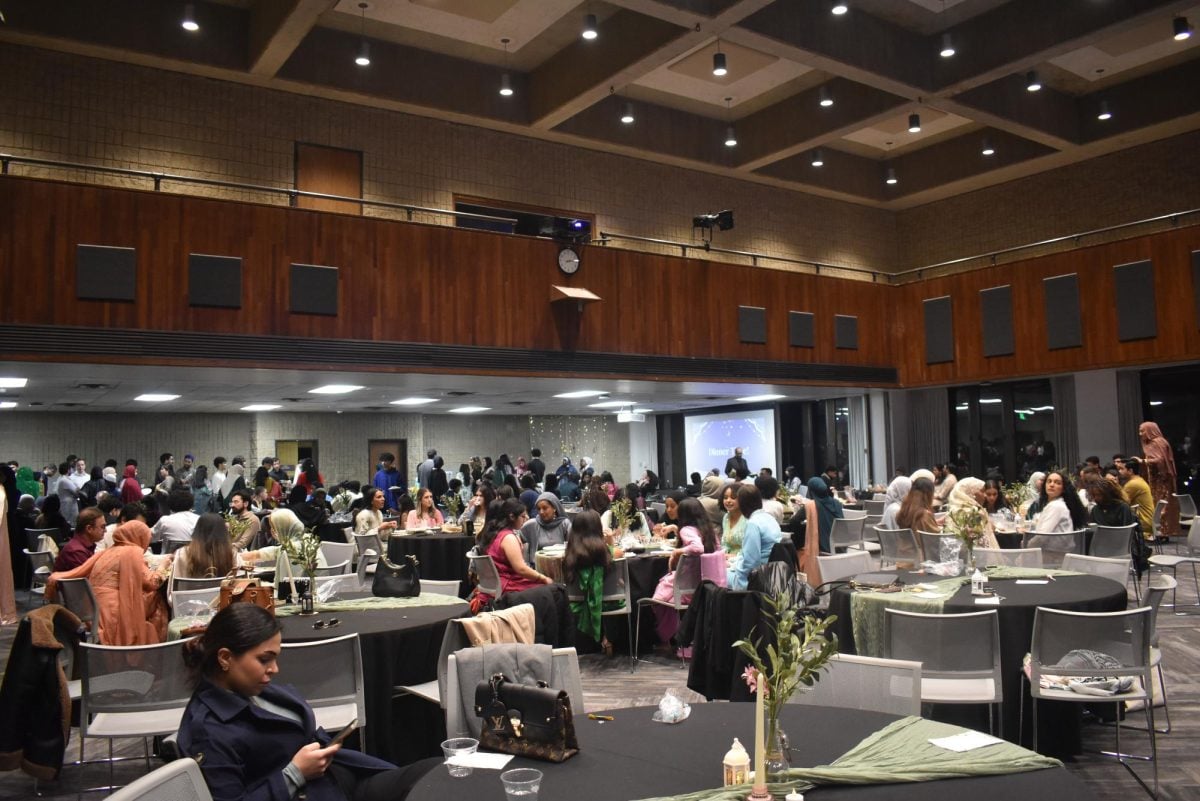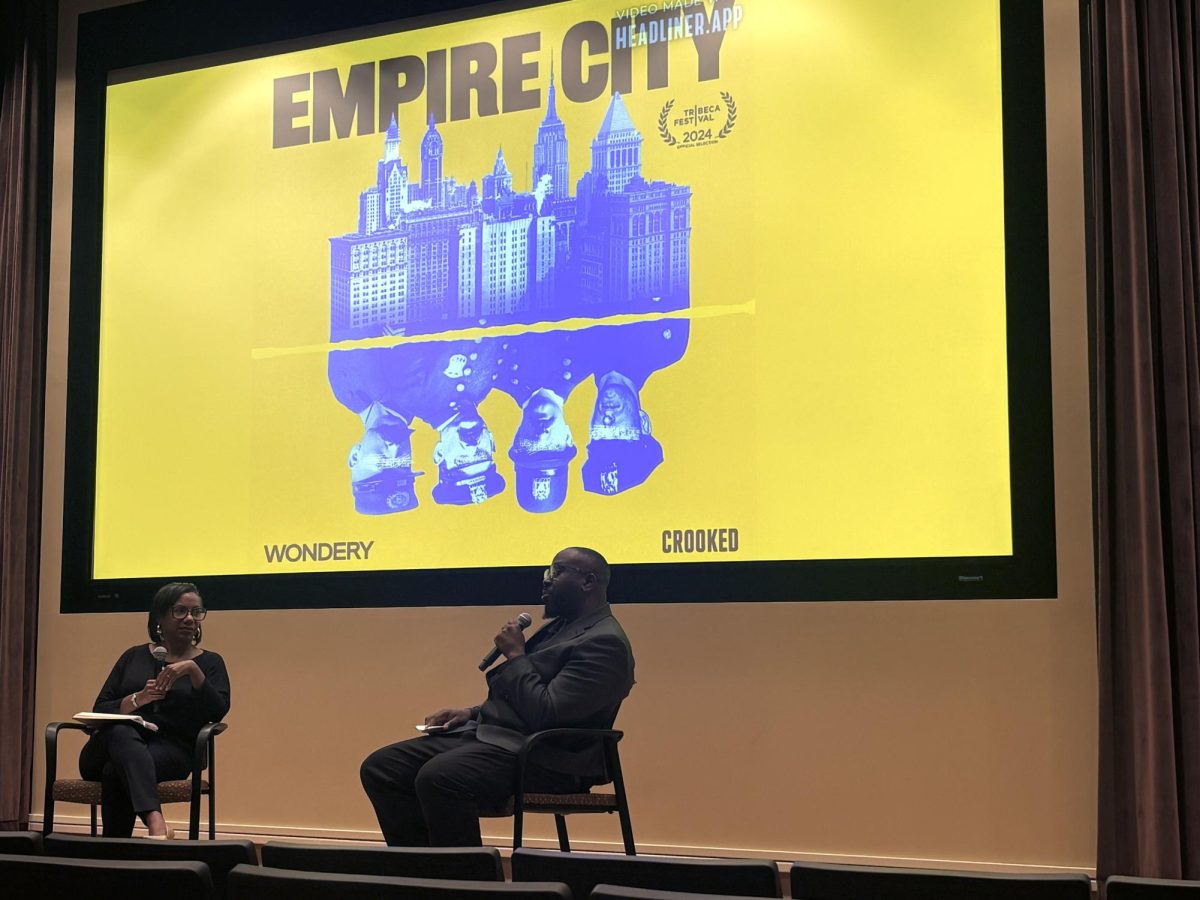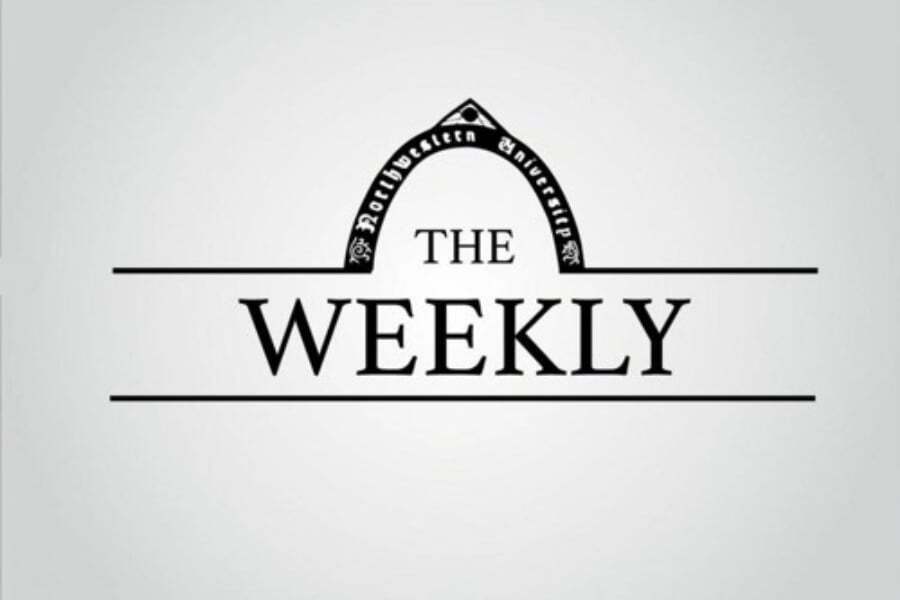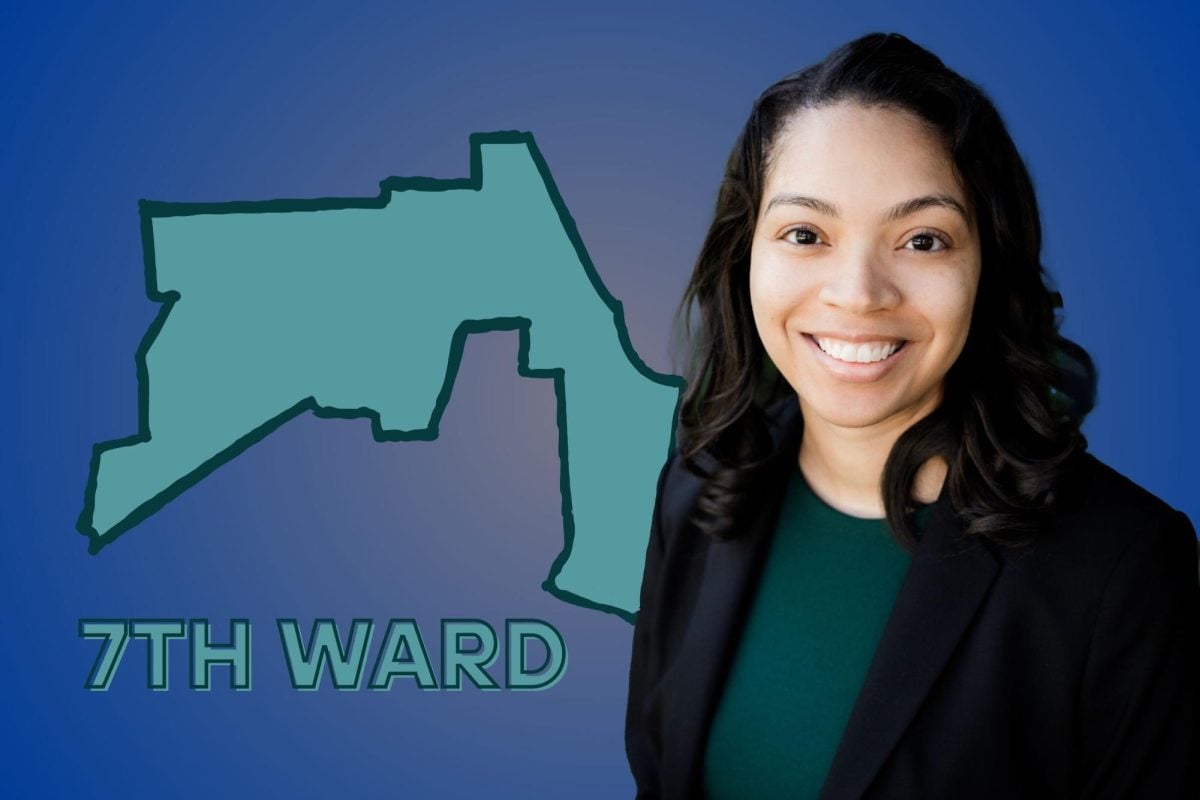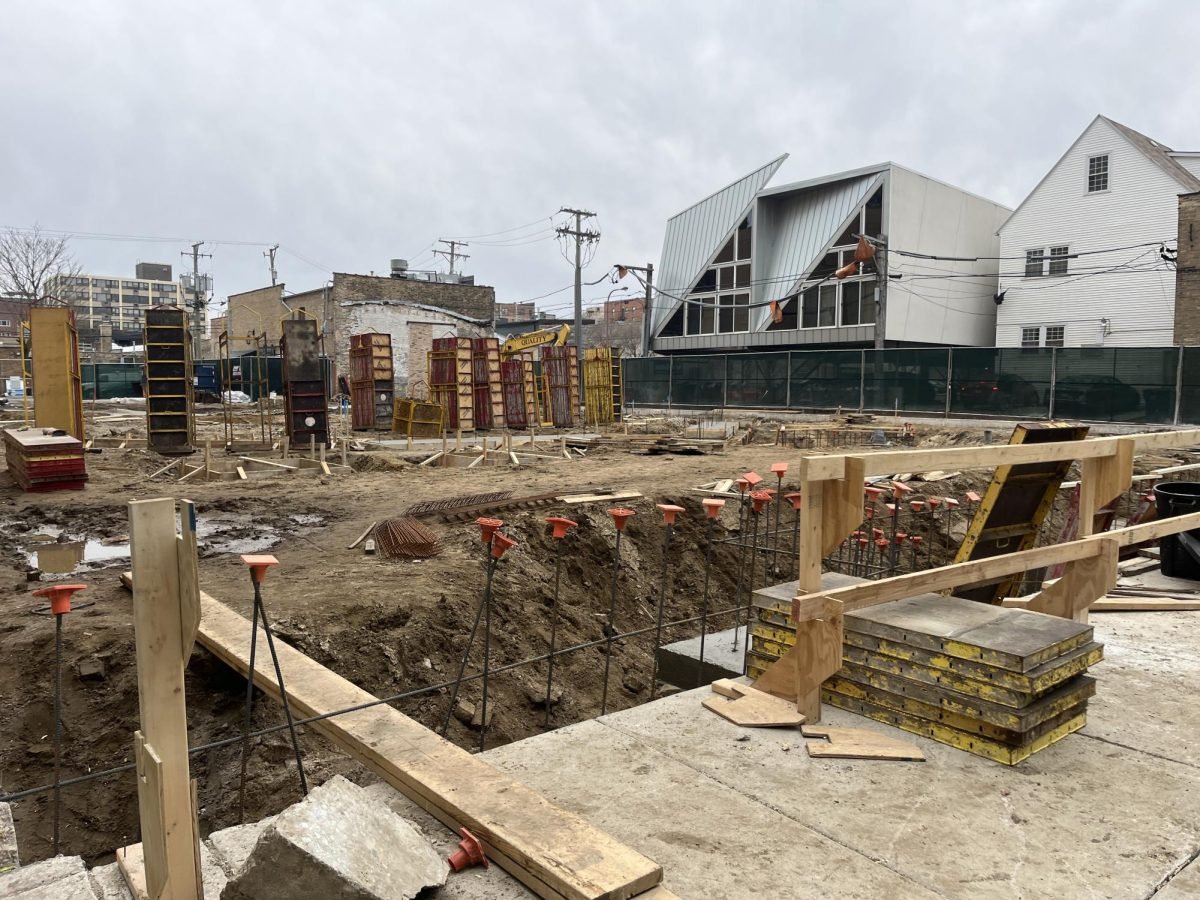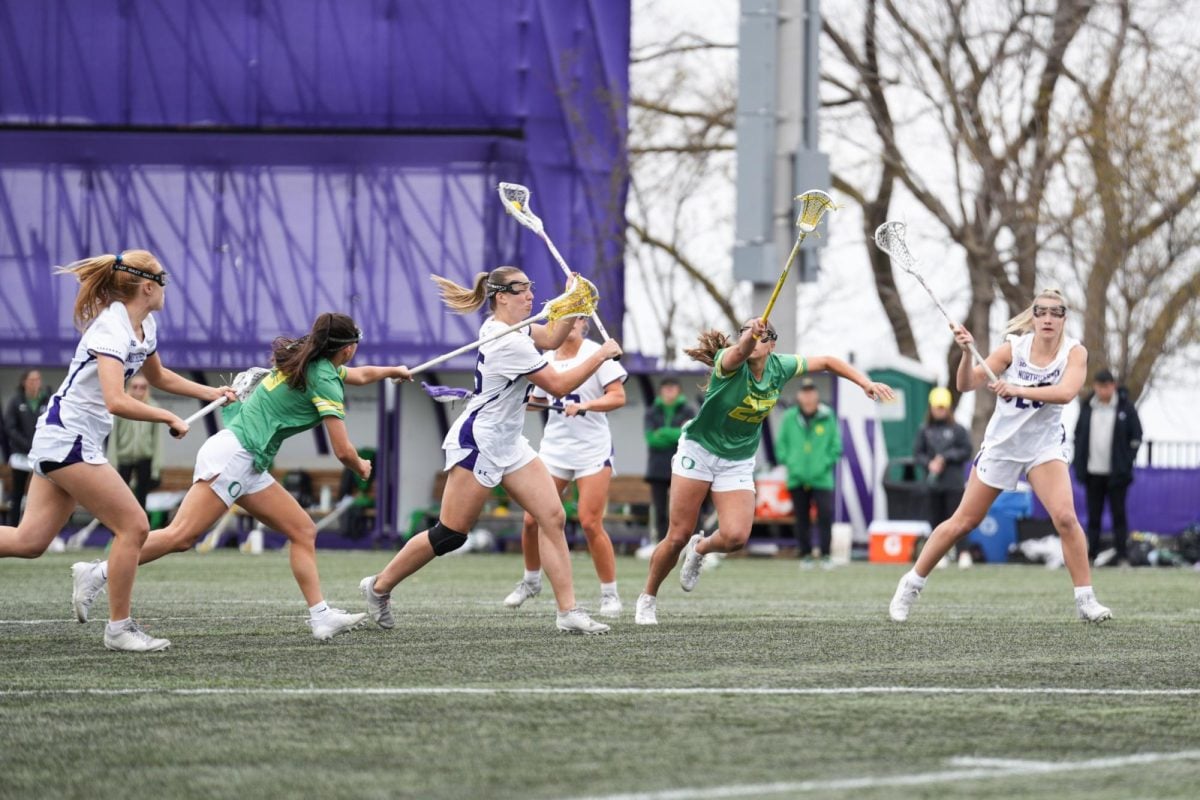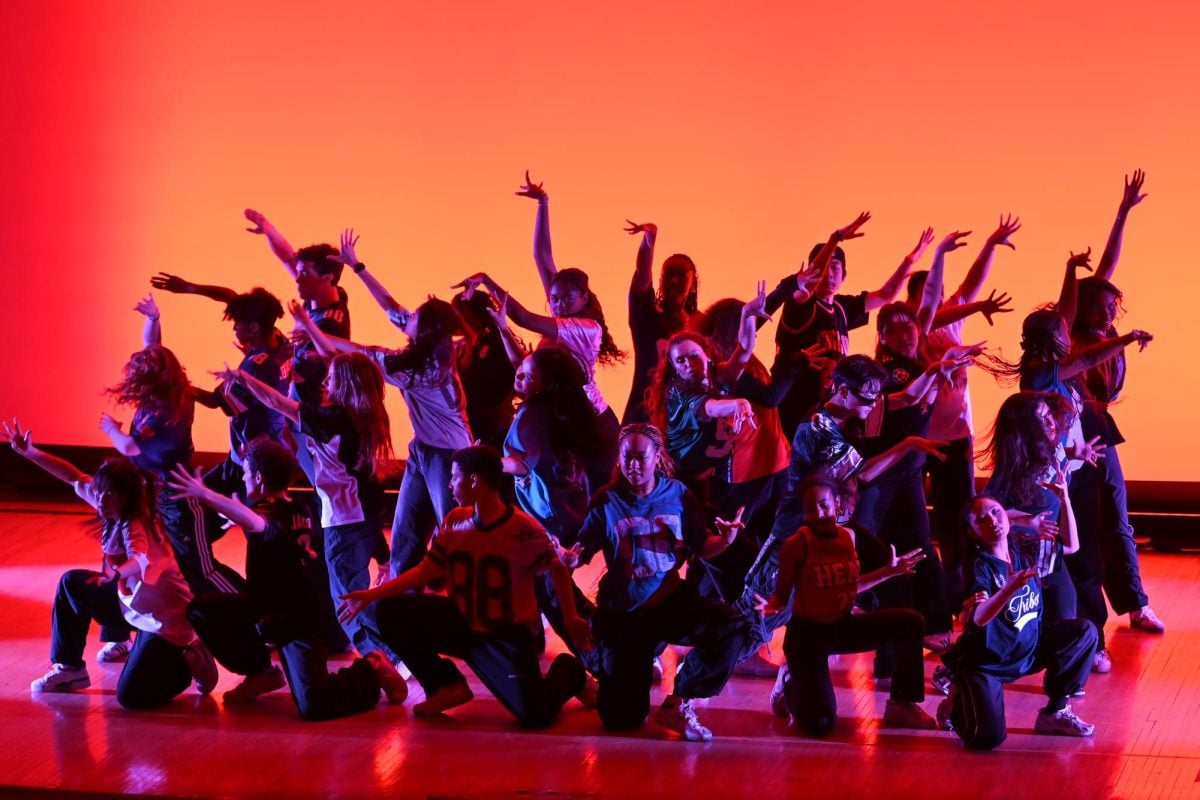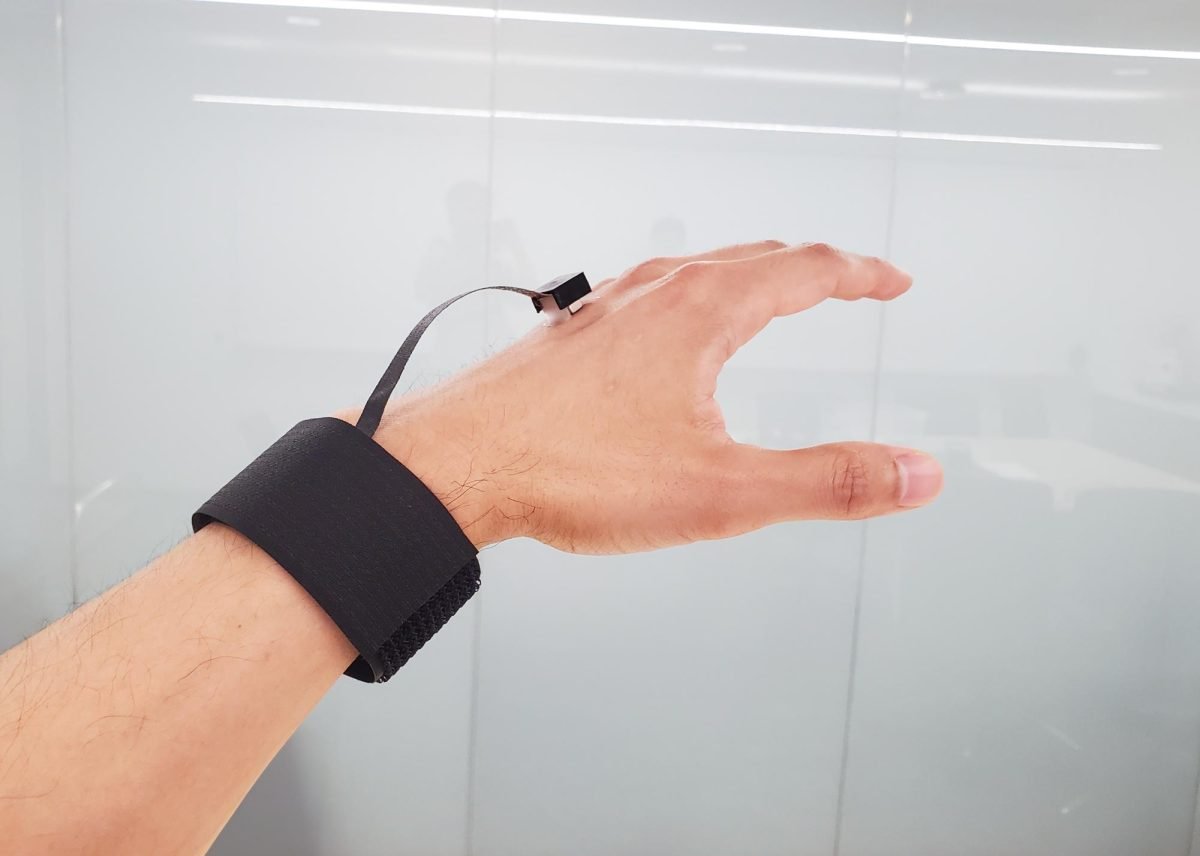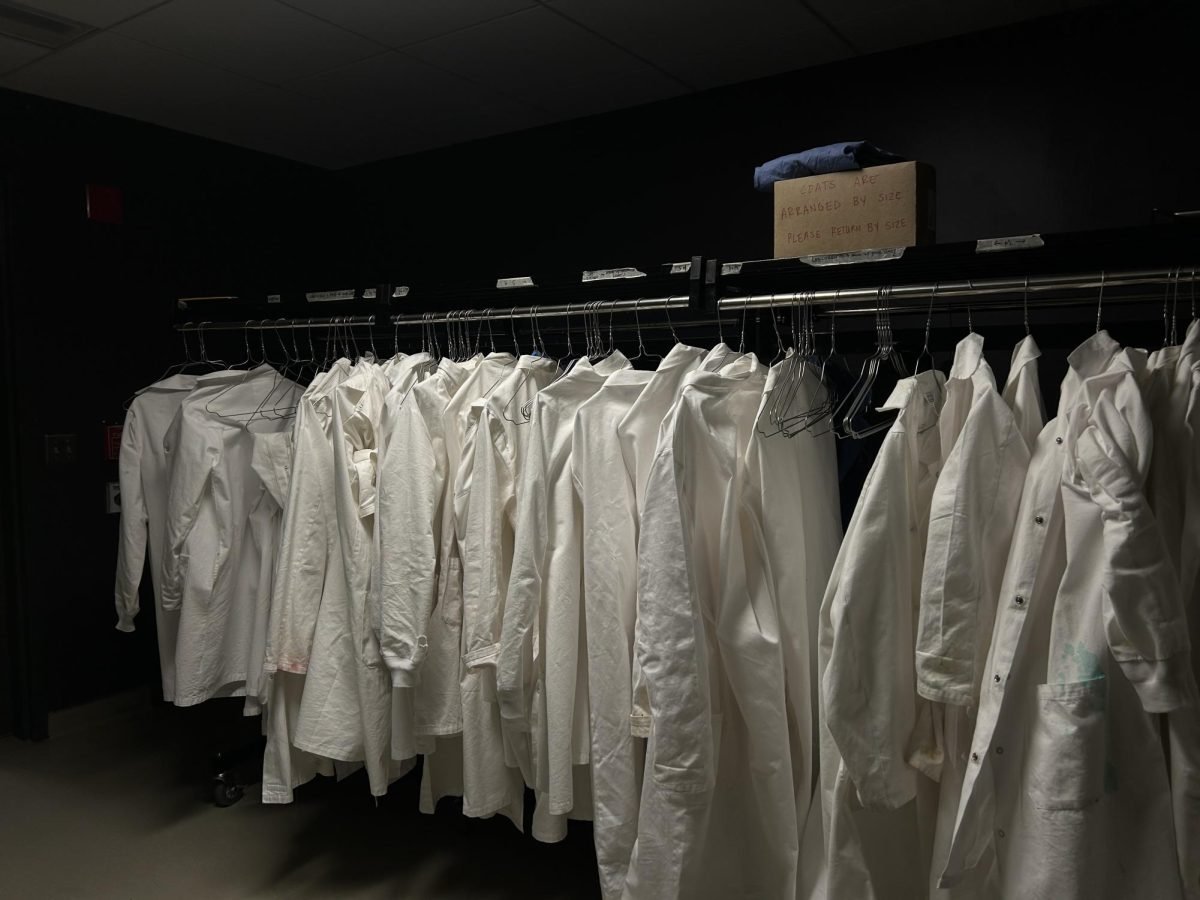While many Northwestern students this summer might find themselves stuck in traffic commuting to their office internship, bunking in the middle of the woods at summer camp jobs or catching up with hometown friends by the beach, Communication junior Brady Meldorf is spending his break researching cults.
Using funding from a Summer Undergraduate Research Grant, Meldorf will spend eight weeks researching and writing a screenplay for a feature film. His film, titled “How to make Kool-Aid,” references the saying “drinking the Kool-Aid.” The phrase is associated with the events that occurred in Jonestown, Guyana in 1978, when over 900 members of the Peoples Temple movement died after drinking a flavored beverage laced with potassium cyanide.
“‘How to make Kool-Aid’ is in reference to the entire project, which is me basically laying out the steps of cult indoctrination and how they relate to modern-day political extremism,” Meldorf said.
SURG funding provides a student with a $4,000 stipend to cover living or research expenses for eight weeks of full-time research in an academic or creative discipline of their choice.
For Meldorf, the stipend will help support him as he spends time each day researching and writing his script.
“I spent the first two and a half weeks researching the very fine details of how cult indoctrination works, and then I went and filled in all the cracks of what I thought was missing in terms of my story, like trying to make connections to modern-day political extremism,” Meldorf said. “I spent the first couple of days rewriting the synopsis of the script because I wanted to make sure I had a good outline before I actually started the nitty-gritty writing portion.”
Meldorf came up with the idea during a feature film writing class while studying abroad in Prague during Fall Quarter, but he felt he didn’t know enough about cult indoctrination to do the topic justice.
After hearing about the flexibility the SURG program offered, Meldorf decided to apply for the grant in hopes of pursuing the film further.
“I was still applying to internships as I applied to SURG, but film internships especially will not get back to you until like the last week of May,” Meldorf, who is a Radio, Television and Film major, said. “I didn’t really feel like waiting around for another two months, not knowing what I was doing over the summer.”
To apply for a SURG, students must submit a two-page, single-spaced research proposal that outlines the student’s plan to complete their research project. Proposal titles for this year spanned topics from “‘Twilight’ and the 2008 Recession: How the Hyper-liminal Vampire Reflects Economic Anxieties” to “Investigating Roles of SRCAP Mutation in Skin Cancer Development.”
Like Meldorf, sophomore Weinberg sophomore Riley Harrison is using her SURG funding to pursue a creative project this summer. Harrison’s proposal, titled “A Poetic Sense of Place in Cape Cod,” will take her to the Massachusetts peninsula. There, she will spend time writing a series of poetry in response to the Cape Cod landscape and established poets like Mary Oliver, Franz Wright, Stanley Kunitz and Mark Doty, who have also spent time writing and working on the peninsula.
Harrison, a theatre and creative writing major with a concentration in poetry, was intrigued by the intersection between poetry and research that the SURG enabled her to explore and decided to apply for the grant to further explore the connections between the two.
“At the time, I was taking poetry with Rachel Webster, and I met with her to be like, ‘What does the intersection between research and poetry look like?’” Harrison said. “I mentioned that I was planning on staying with a friend for a little bit of time over the summer in Cape Cod, and as I said that, her eyes kind of lit up, and she was like, ‘You know, a lot of poets are based there. From there, it kind of turned into a conversation about Cape Cod specifically and how I could use that existing travel plan to assist my search.”
While the SURG is one way students are undertaking research this summer, others, like McCormick freshman Michael Kim, are continuing research they began during the school year.
Kim obtained funding from the Michael Jaharis Undergraduate Research Fellowship, a summer grant which helps support research in the pharmaceutical sciences, to continue his work with the Falk Center for Molecular Therapeutics developing drug therapy for Alzheimer’s disease.
“I’m pre-med, and research is definitely more important than getting an internship as a pre-med student,” Kim said. “I’m not opposed to getting an internship for other summers, but this summer is perfect to start research because the earlier you start, the better.”
While Kim was ultimately able to secure funding for his summer research through the biomedical engineering department, he advises students interested in doing summer research to apply early and often for multiple grants to avoid missing out on funding.
“Start looking early, like Fall Quarter, for things that you’re interested in and then start committing Winter Quarter so that you can have time to write up these proposals,” Kim said. “But also, be open-minded about what you want to do.”
Email: tabiparent2025@u.northwestern.edu
Twitter: @TabithaParent12
Related Stories:
— Ninety-nine rejections and a single success: NU students share about their summer internships
— Navigating undergraduate summer research at Northwestern
— NU students explore academic interests through summer research opportunities

